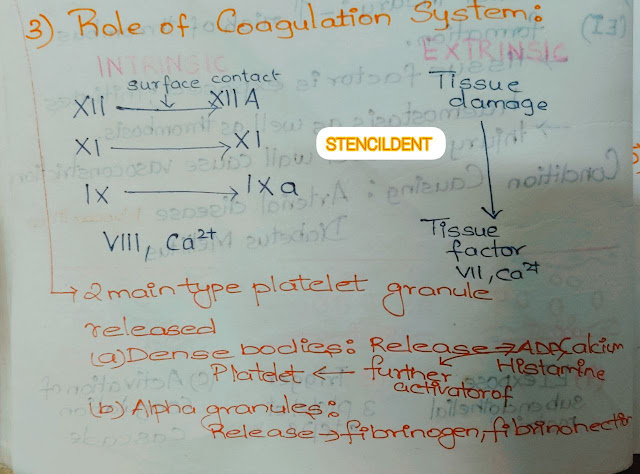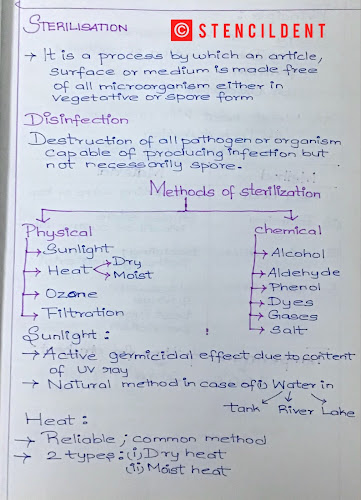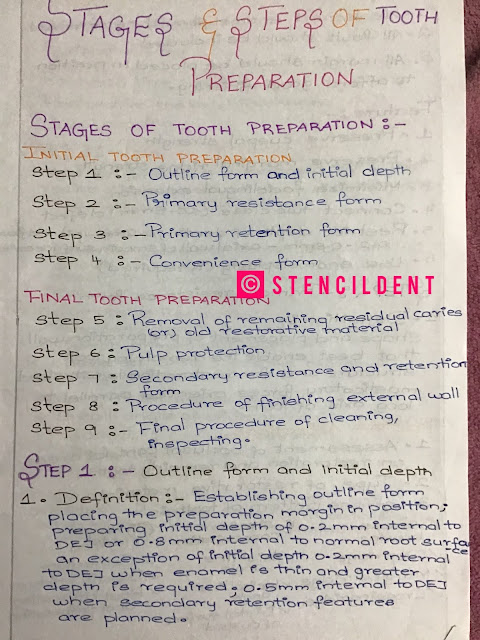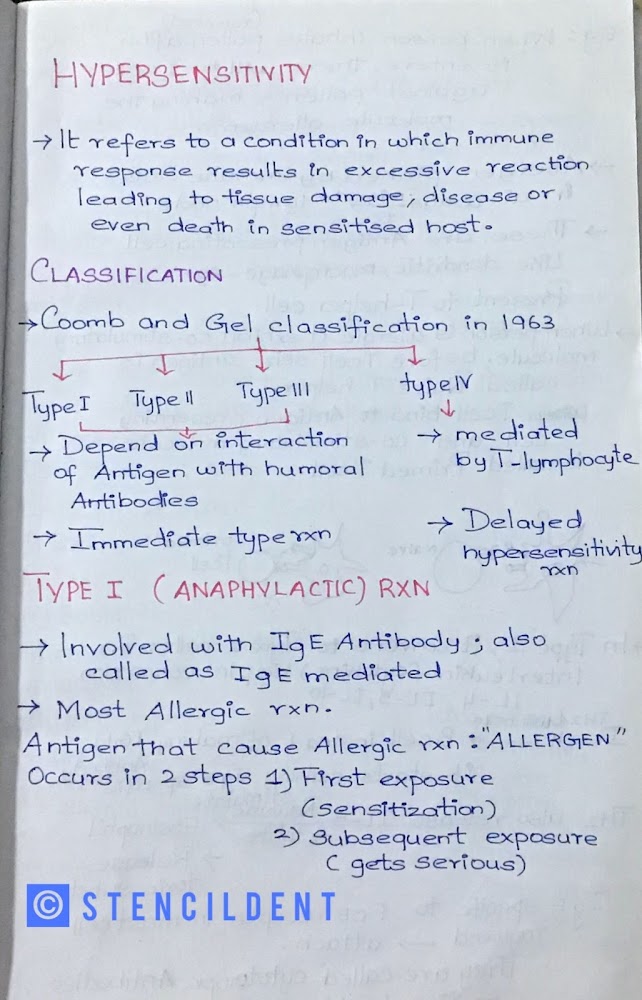VIRCHOWS TRIAD-thrombus formation
VIRCHOWS TRIAD
THROMBOSIS:
- Process of formation of solid mass in circulation from flowing blood ,this mass itself is called thrombus
According to virchows three things/factors essential for blood clot ,"thrombus formation".
1)Endothelial cell injury
2)Hemostasis
3)Hypercoagulality
STUDENTS CORNER :
Welcome back to our site ,if you are our new subscriber then do consider checking out our posts by either clicking on the subject you want to learn or you can start by searching the topic of your interest ,coming back to the content so today the topic of discussion is on virchows triad ,previously we have discussed on PLATELET,FATE OF THROMBI, when this question is asked do give a short introduction on platelet and proceed by mentioning all three in the virchows triad that is the endothelial injury,hemostasis( click on the link to learn about hemostasis) followed by hypercoaguability and conclude your answer with fate of thrombi .
ENDOTHELIAL INJURY:
- Increases the risk of thrombus formation
- Tissue factor is exposed ,initates haemostasis as well as thrombosis
- Injury to vessel wall cause vasoconstriction
- Condition causing:ARTERIAL DISEASE (MYOCARDIAL INFARCTION),DIABETUS MELLITUS
STEPS:
A)Endothelial injury expose subendothelial matrix
B)Trigger three platelet steps (NOTE: TO KNOW MORE CLICK ON THIS LINK)
C)Activation of coagulation cascade
2)ROLE OF PLATELET:
- Following endthelial injury platelet come to play a role in haemostasis
I)PLATELET ACTIVATION:
- Von williebrands factor bind GpIb ,firm adhesion to platelet via extracellular matrix
- Deficiency of von wille brand factor or absence of GpIb cause Abnormal bleeding
II)PLATELET RELEASE REACTION:
- Two main type platelet granule released
a)DENSE BODIES:Release -adenosine phosphate,calcium,histamine and further lead to activation of platelet
b)APLHA GRANULES :Release fibrinogen and fibronectin
III)PLATELET AGGREGATION:
- Result in formation of temporary hemostatic plug
3)ROLE OF COAGULATION SYSTEM:
INTRINSIC:
XII-XIIA
XI-XI
IX-IXA
VIII,CALCIUM
EXTRINSIC:
TISSUE DAMAGE -TISSUE FACTOR RELEASED VII,CALCIUM
IXA TISSUE FACTOR =X-XA (PROTHROMBIN -THROMBIN)
PLASMINOGEN TO PLASMIN -FIBRINOLYSIS TAKES PLACE TO CONVERT FIBRINOGEN TO FIBRIN =FIBRIN DEGRADATION PRODUCT
4)ALTERATION OF BLOOD FLOW:
- Turbulence means unequal flow
A)AXIAL FLOW OF BLOOD :
CENTRAL STREAM :White blood cells,red blood cell
(rapidly moving)
laminar stream(slow moving):platelet
B)TURBULENCE AND STASIS:
- Occur in thrombosis,normal axial flow of blood is distributed
- Blood cells including platelet marginate to periphery and form pavement close to endothelium
5)HYPERCOAGUABILITY
- Increased risk to develop venous thrombosis
- Conditions may be hereditary or acquired
CONCLUSION:
Vanakam!hope you all found this post helpful if it helped you learn then do let me know in the comment section below as this would motivate me to post more such content .
THANK YOU









Comments
Post a Comment